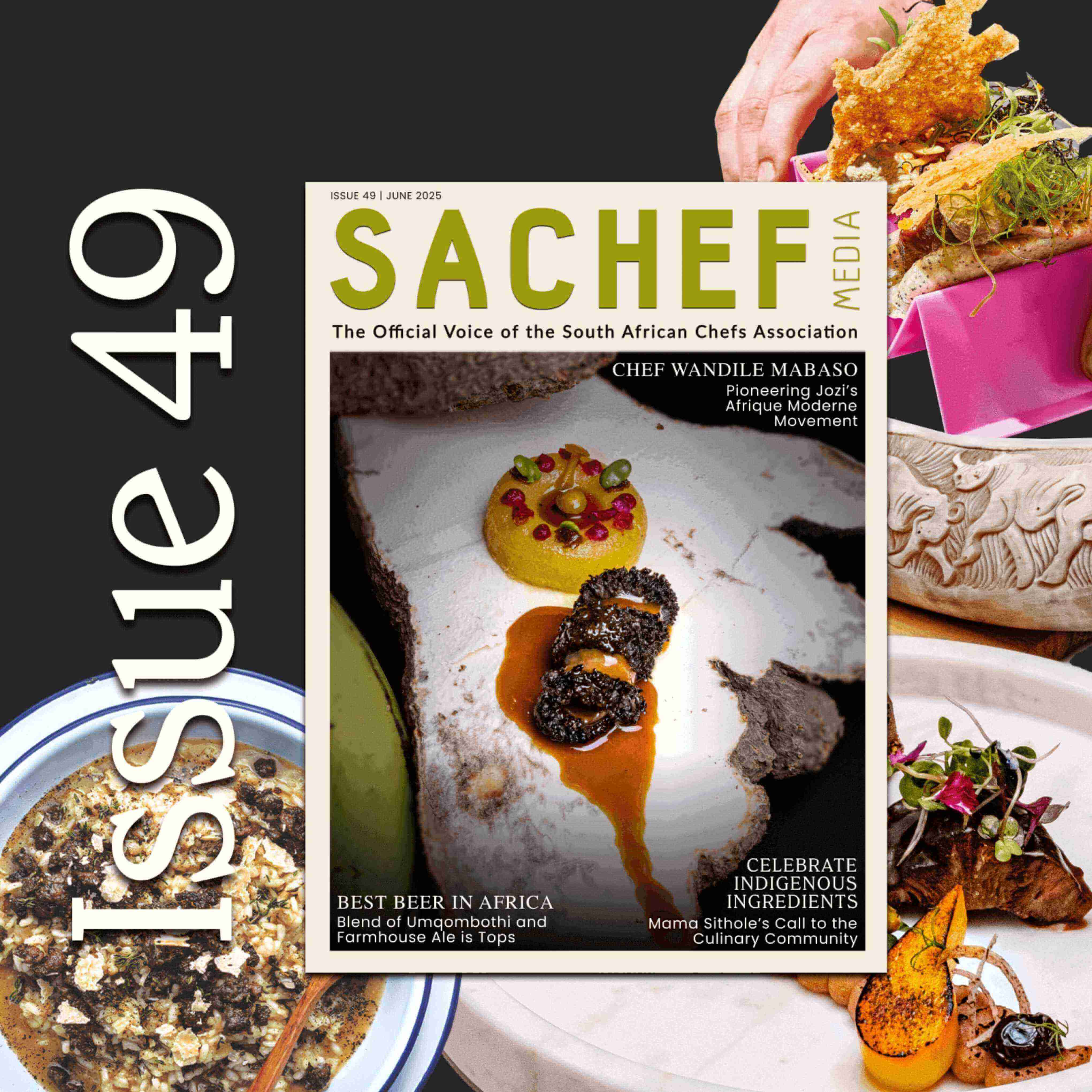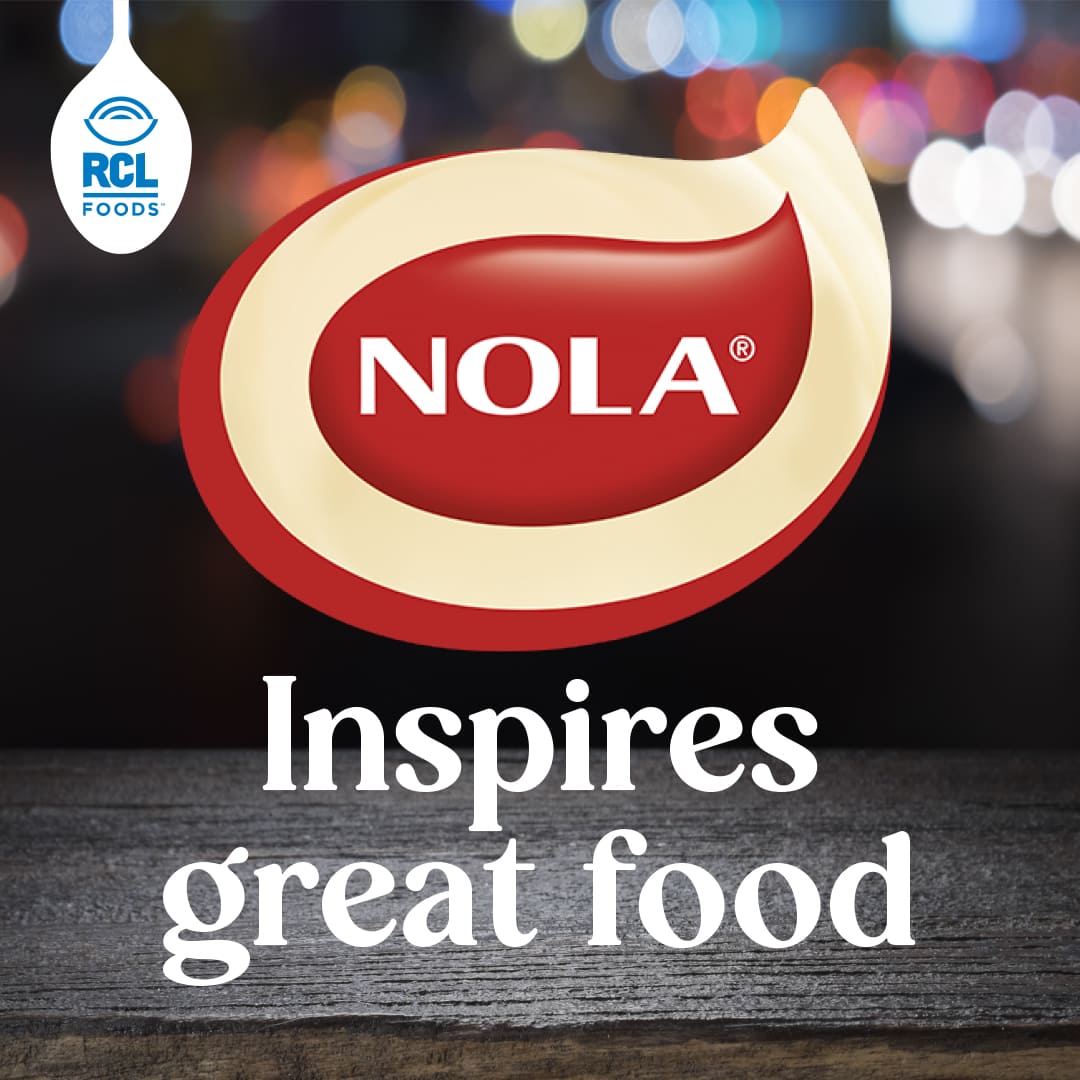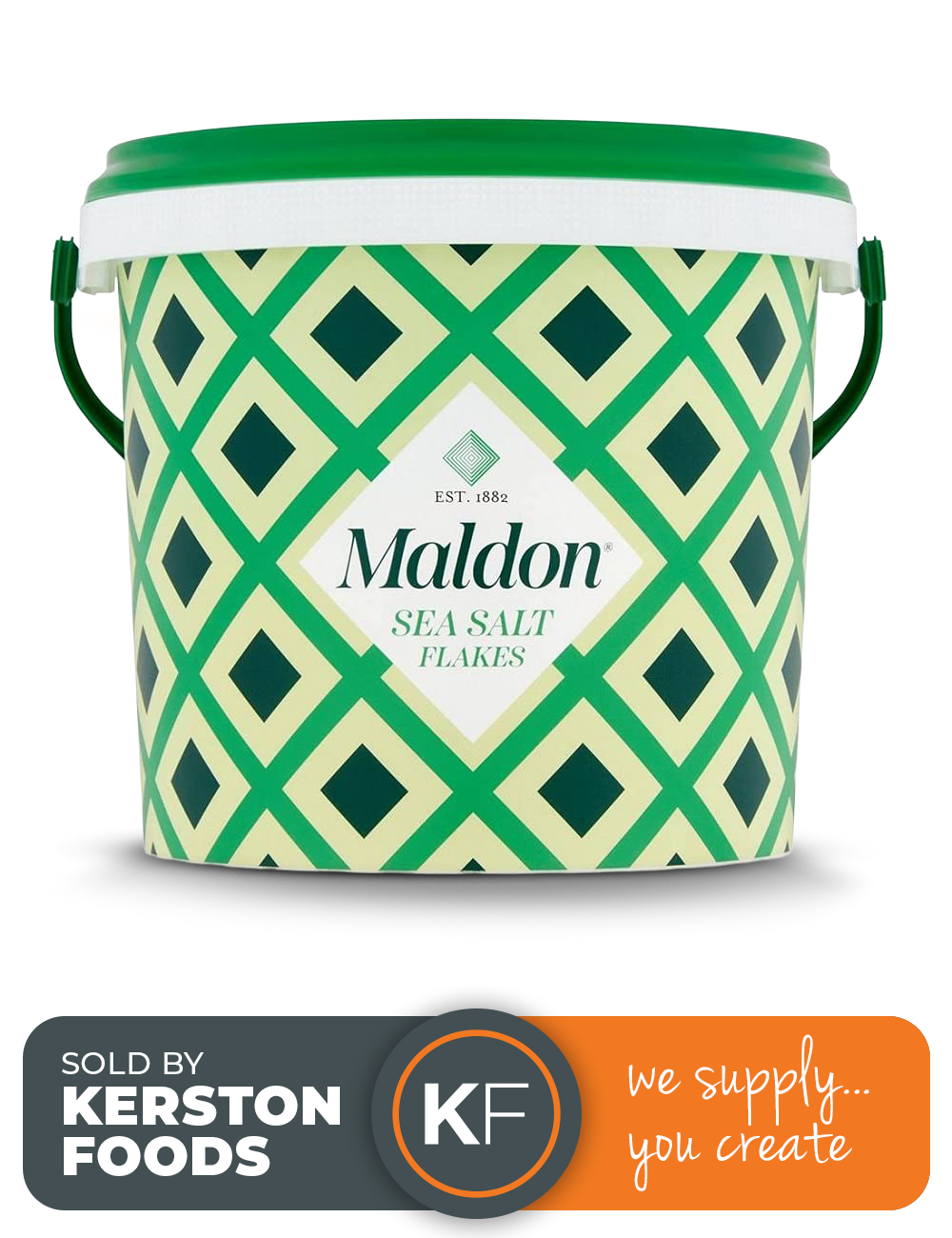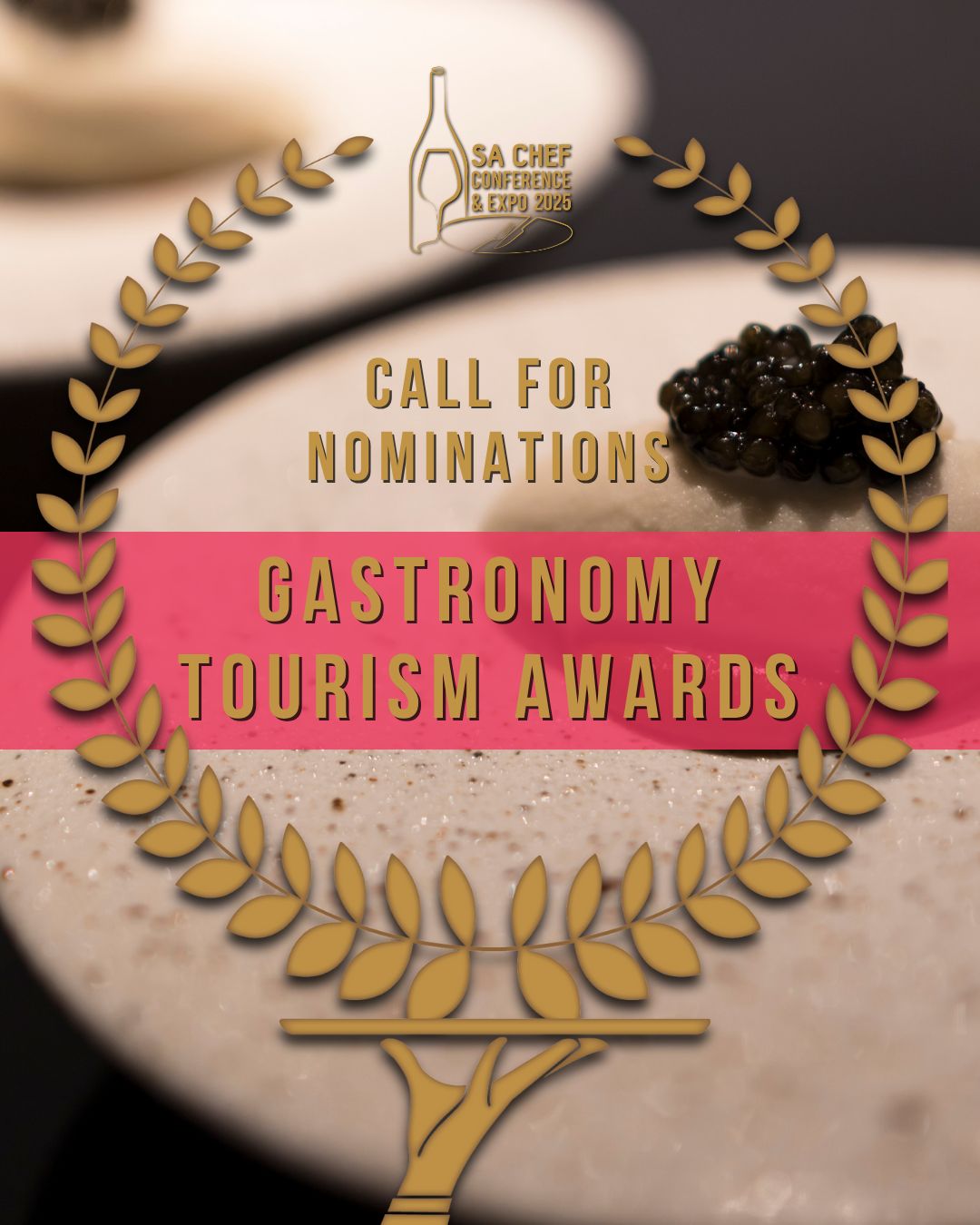Celeb David Moscow and Producer Gina Resnick share some insight into their new foodie series From Scratch.
From Scratch is an exploration of where food comes from and helps us to understand what we’re putting into our bodies. The team has travelled the world, from Italy and Iceland to America, Finland and South Africa to unearth more about the relationship between our food and where it comes from. Steff van Niekerk visited the production during their shoot in the Western Cape to find out more.
Why foraging, hunting and gathering – what’s unique about it? And what do you think excites people about the concept?
David: Everyone is searching for something, and they feel that something is missing. The idea behind the show is that it shows the distance between us and nature, or us and the food that we take in. It came from the idea that all my food comes wrapped in plastic from a supermarket or it’s put on a plate at a restaurant and I have no relationship with it.
Why did you choose these specific regions in South Africa to film in?
Gina: David, Graeme Swanepoel (from NV Studios) and I picked locations that we wanted to shoot in. We’re shooting in Cape Town and Johannesburg because of NV as they can facilitate this in a really good way for us. We also find a chef who is interesting, who has a story to tell who fits in with our show. They create a menu with us, it’s a menu that has to be doable within the show, one that is interesting and one that has a manageable number of ingredients. From there we have to source where the ingredients can be found which ultimately determines where we need to go. If we want to get crayfish we have to go to Paternoster, if we want to get olive oil we have to come here, if we need milk and butter we needed to go to the dairy farm. It’s very much driven by the ingredients that we choose.
Which chef have you chosen to use for the South African dish?
Gina: Her name is Abigail Mbalo. She has a restaurant called 4Roomed eKasi Culture in Khayelitsha. It’s really important to us that we didn’t just have white, make chefs. We wanted people of colour, and I wanted women chefs. Women are coming in to their own as chefs, but they are still not getting the notoriety and the attention and respect in a lot of places. A part of what we are going to talk to her about is what the influences on her cooking are, and how she integrates and incorporates all of the divergent European, Afrikaans, Cape Malay cultures and her background into her food.
Tell us about the food of the future, do you think that people will be a lot more connected to food after watching this? Or do you think that this whole foraging industry is going to become commercialised?
David: I think on a number of levels there are issues going on with food right now. The type of food that we’re making is expensive, so not everybody can go out and forage and buy the choicest most organic, humanely raised animals and that’s a problem. Agribusiness and major factory farming fills a need for cheap food for people. There needs to be affordable food, but we’ve swung in a direction where the affordable food has now become the least healthy. People can’t just keep eating more and more to keep the economy pumped up, overconsumption shouldn’t be the end game, our GNP doesn’t have to continue to grow every single year as we just take more and more out of the earth and put it into our bodies until we explode.
Any last words on food?
David: Besides the relationship with people and the food that they eat. We should know the people who are making our food because they are extremely important and a lot of times we over look them or look down on them and I think you it’s a natural reaction, or it is a human reaction, when somebody is so important to you and you can’t figure out how to relate to them that a lot of times you look down on them. Whether it’s a subsistence farmer who’s harvesting corn or a guy in a rice paddy, or someone who’s making fish sauce on a boat in the South China sea, not only is it incredibly hard, and these people are doing an amazing service for us, that there are millions of people that we don’t acknowledge. I think that it’s recognising the web of humanity. No man is an island. Even if they think that they did it on their own, there’s actually forty people that it took to make this pizza for you, and just recognise them. That’s it.
Don’t miss out: Sign up for our newsletter HERE and engage with us on Twitter, Facebook, and Instagram!












